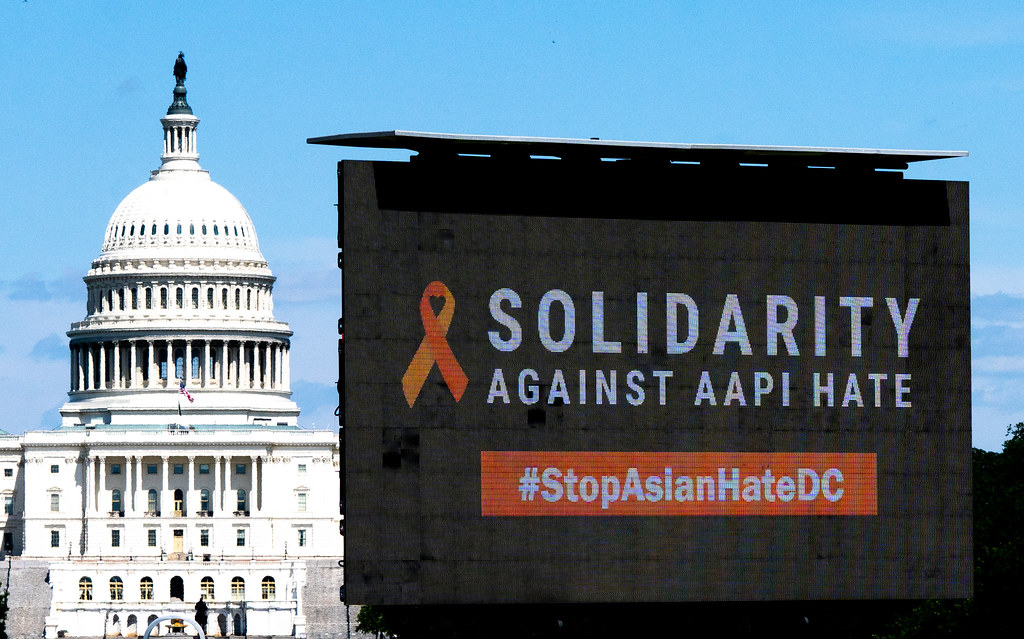These past two weeks, major news outlet have been covering AAPI assault and murder crime across the US. As a result, many fellow Asians have decided to take a stand at rally’s and voice your concerns on social media. This is great except some of you need to know when to shut the fuck up and listen.
Yesterday, I had a frustrating conversation with another fellow Asian throwing their newly found understanding of Asian hate and racism of how my perspective of fighting for Asian Awareness is wrong.
I am happy many have discovered a passion that has incited inner rage and now feel the need to take action for the reason of solidarity. However, there are some who have let it get to their head to the point where they are developing a complex that they somehow understand racism and hate better than others. It is as if they think Asian hate is a new problem that can be solved by doing one thing. Those new to advocating AAPI need to understand many Asians weren’t silent; it is that many listening until the hate got media attention.
The past two years my approach to creating AAPI Awareness has been through innocuous educational cultural messages at a grassroots level from people I felt would listen and truly feel empathy. I have experienced inequality through my career and gotten into altercations in my youth because of slurs. Those experiences make it difficult for anyone to stay quiet. I have ranted. I have confronted. I have sat in silence. None of this worked to help me feel like I changed the heart or mind of anyone. I am writing this to help new advocates understand what we are fighting for.
I’m not writing this to call new AAPI advocators out but rather to call them in. Our community is ignored and we have been invisible to the media until recently. It’s not about Asians against any specific ethnic group. It’s about Asians uniting with everyone to hear our story.
